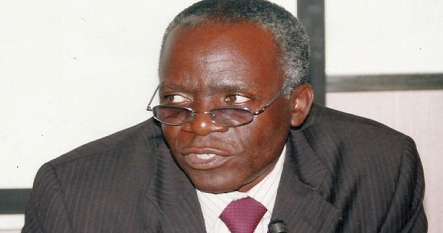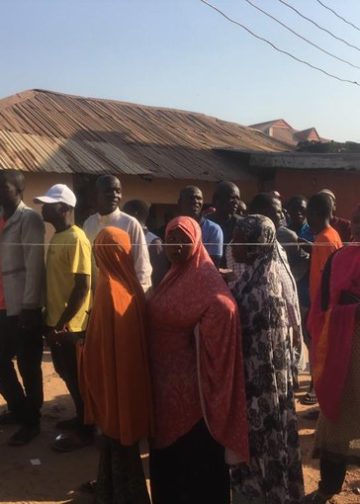UNHCR, ECOWAS advocate solutions to eradicate global Statelessness

The United Nations High Commissioner for Refugees, UNHCR, in collaboration with the Economic Community of West African States, ECOWAS have made a call to action to end the issue of statelessness globally.
This call was made during UNHCR’s interactive session on statelessness with ECOWAS Permanent Representatives Committee in Abuja on Wednesday.
Speaking at the session, the Deputy UNHCR representative to Nigeria, Mr. Roger Hollo, disclosed that, “while definite statistics on stateless persons cannot easily be provided, at least 10 million people around the world are stateless, with hundreds of thousands who live in West Africa at risk of being stateless.”

According to Hollo, a stateless person is one who is not considered a national by any state under the operation of its law, which means such underprivileged persons do not have a nationality of any country.
He explained that being a stateless person could be very disadvantageous as such person will have no access to education, medical care or legal employment and such person would also not be able to move freely without prospects or hope.
However, according to Hollo, UNHCR believes that statelessness can be resolved if ECOWAS countries will implement the Abidjan Declaration by developing an action plan to eradicate or prevent statelessness.
Recall that in 2015, ECOWAS countries signed the Abidjan Declaration on the eradication of ECOWAS in member states, followed by the Banjul Plan of Action in 2017 with a commitment to develop a National Action Plan to eradicate or prevent statelessness.
The fight for the eradication which brought about the ibelong campaign four years ago by UNHCR has been one of the successful steps attained towards the eradication.
Hollo said, “in the four years since the launch of UNHCR’s global #ibelong campaign to end statelessness by 2024, the ECOWAS region has worked towards achieving the goals set out in the campaign.’’
Hollo, who further gave examples of recent UNCHR collaboration with the ECOWAS institutions towards statelessness resolution stated that there was a workshop on October 6th 2016, which addressed responsibilities and the roles parliamentarians in handling internal displacement and statelessness challenges in ECOWAS.
He added that the 2016 Regional Training on nationality and Statelessness for professors and Academics held in Ghana and the the ECOWAS court of justice’s international conference in Bamako, Mali, were among notable examples of the UNCHR collaborations.
The UNCHR rep noted that every member state has a focus to introduce statelessness determination procedures at country level, to identify stateless people and ensure they have access to protection and nationality as a durable solution.
Hollo, urged that the advocacy, sensitization and stakeholders’ engagement are key strategic plans of UNCHR and ECOWAS in the resolution of statelessness.








